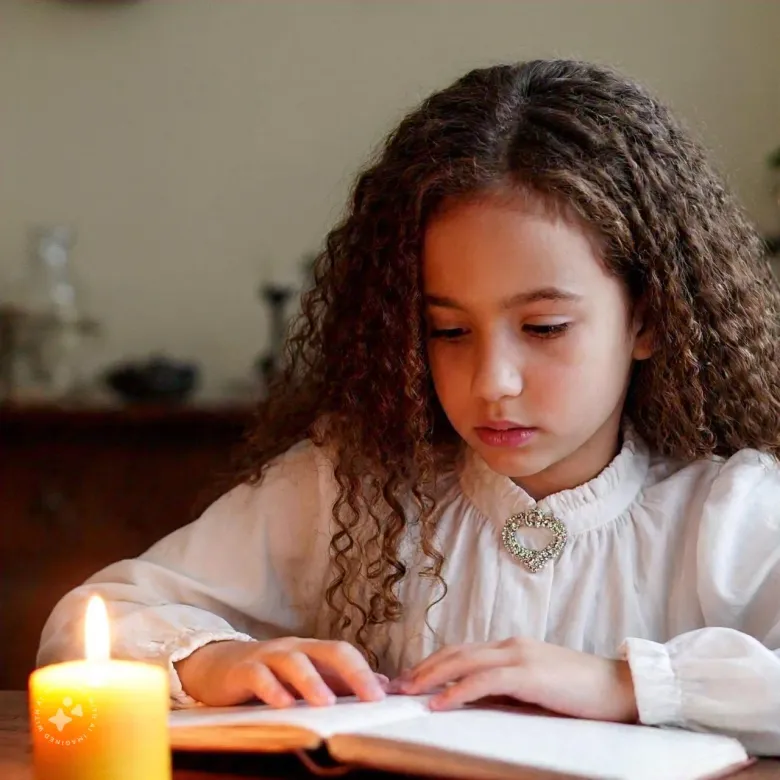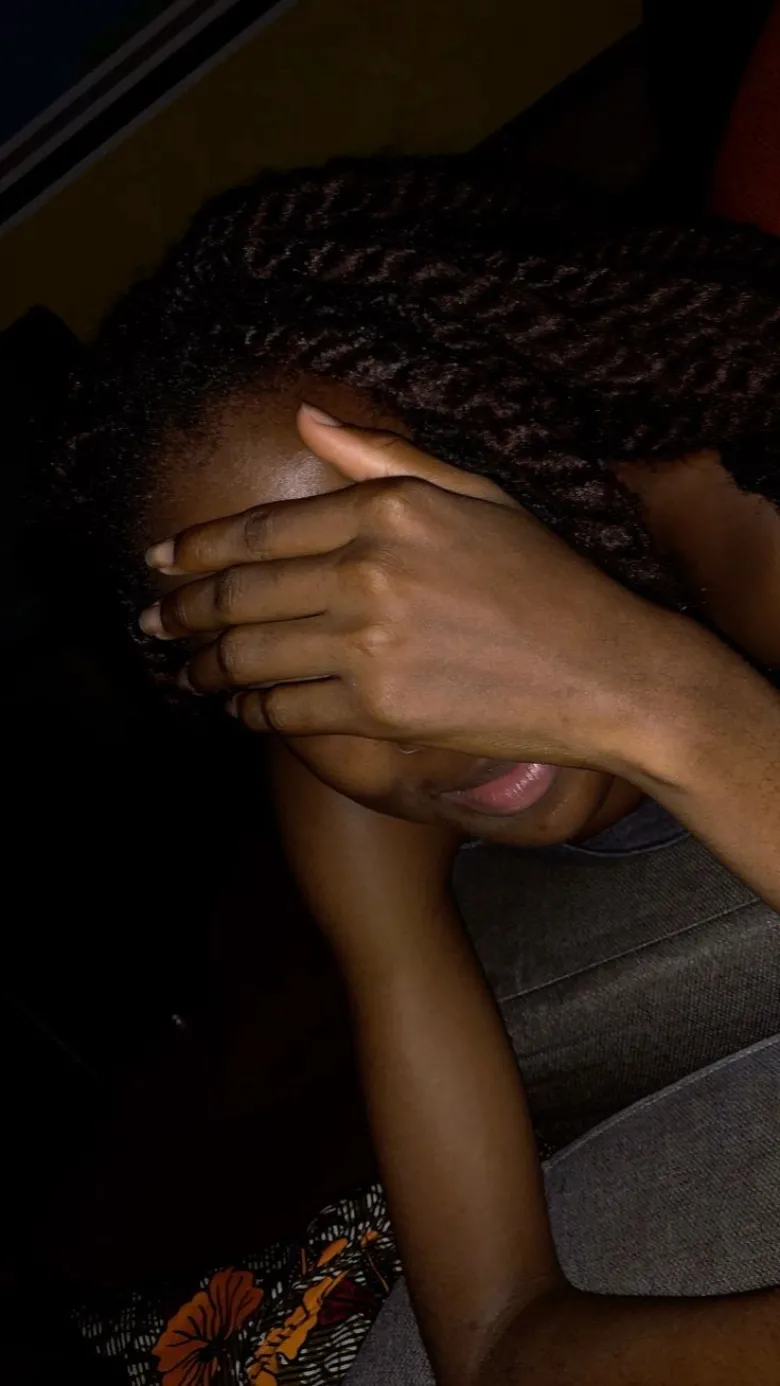Sofia’s world shattered on an ordinary Tuesday afternoon. She was eight years old when the police knocked on the door of her grandmother’s house with news that her mother had been murdered.
Her mother, Elena, had been her entire universe. Now, the universe felt cold and empty. Sofia didn’t cry at first. She didn’t scream. She just stared blankly as her grandmother’s sobs filled the room. It was as though her emotions had been locked away in a place too deep to reach.
The days after the funeral blurred together. Sofia barely spoke, barely ate, and avoided her favorite places in the house where her mother’s absence loomed largest. Her grandmother, Maria, tried to comfort her, but how could she? Maria herself was drowning in her grief, unable to bridge the silence between them.
One evening, while rummaging through her mother’s belongings, Sofia found a worn, leather-bound diary. Its cover was soft, with the faint scent of lavender—a smell that reminded her of her mother’s perfume. She opened it and saw her mother’s elegant handwriting.
“January 15th: Sofia asked me if stars can fall. I told her they don’t, but inside, I wished they could. I’d catch one for her if it did.”
Tears fell for the first time since her mother’s death. Holding the diary close, Sofia read entry after entry, finding fragments of her mother she thought she had lost forever.
Each page was a window into Elena’s thoughts: her dreams for Sofia, her struggles as a single mother, her silly jokes, and her quiet moments of reflection. Sofia laughed when she read about the time her mother burned a pot of spaghetti because they’d started a dance party in the kitchen. She cried when she read about her mother staying up late, worrying about how to afford ballet lessons.
Through the diary, Sofia discovered a version of her mother she’d never known—one that wasn’t just her mom but a brave, complex woman who loved her fiercely.
One night, Sofia picked up a pen and wrote in the diary herself. Every night, Sofia poured her feelings into the diary, addressing her mother as if she were writing letters to her.
At first, writing felt like an act of desperation, a way to cling to her mother’s memory. But over time, it became a source of comfort. Slowly, the heaviness in her chest began to lift. She started talking to her grandmother again, sharing snippets from the diary.
One year after her mother’s death, Sofia and Maria visited Elena’s favorite park. They brought flowers and a copy of one of Elena’s favorite poems. Sitting under a sprawling oak tree, Sofia opened the diary.
“Mom, I don’t know if stars can fall, but if they could, I’d catch one for you.”
She read it aloud, her voice steady and strong. For the first time, she felt her mother’s absence not as a void, but as a quiet presence—like a shadow cast by the sun.
Sofia grew up with the diary as her companion. Its pages became a testament to her healing, a mix of her mother’s words and her own. Over the years, she added sketches, pressed flowers, and even photographs.
One night she sat outside with the diary, thinking about her mom. And as the first stars appeared in the twilight sky, Sofia closed the diary with a smile, knowing she would always have her mother’s light to guide her.







